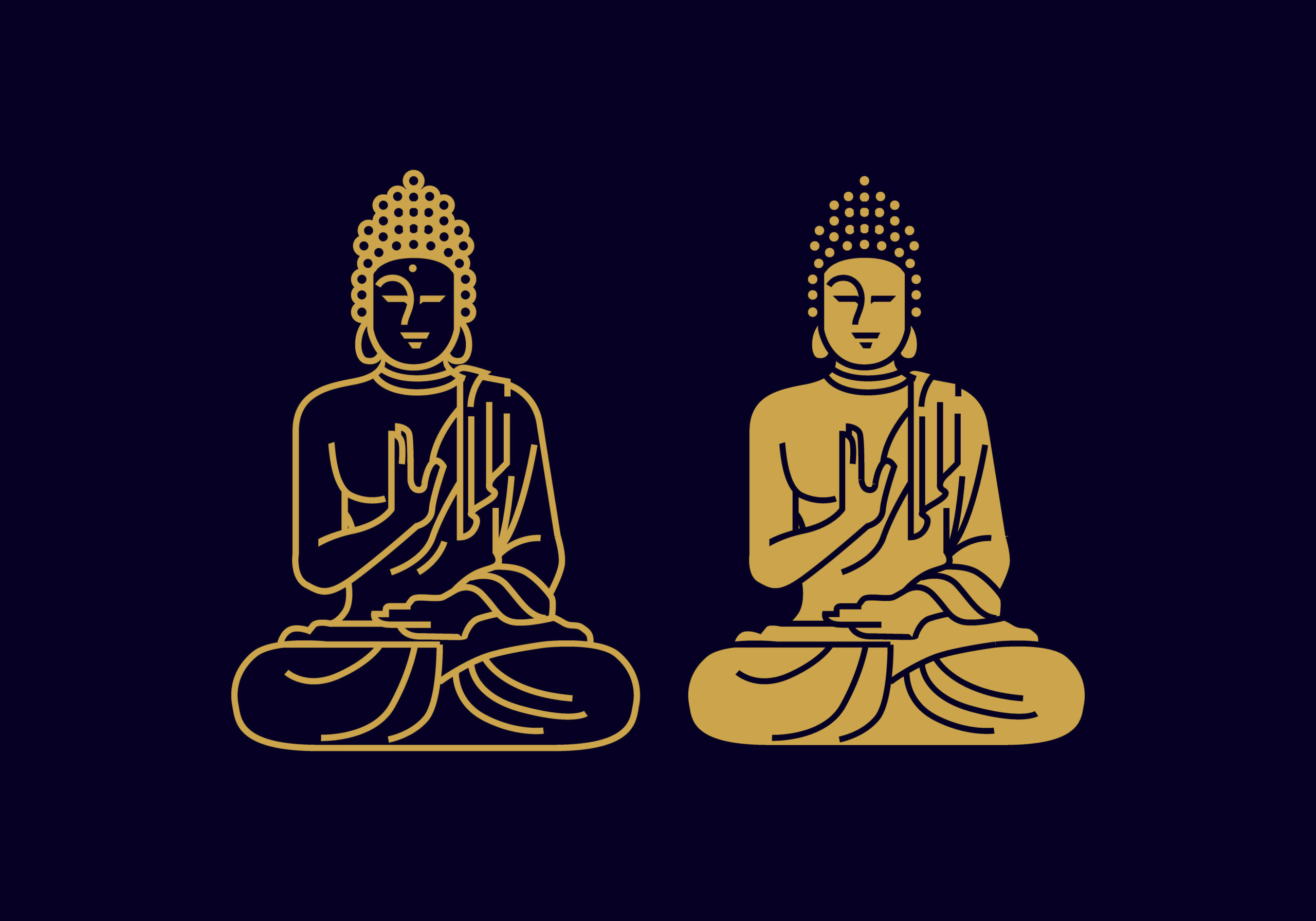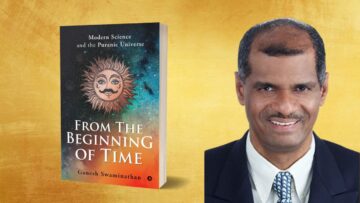Indic Academy is pleased to announce a call for papers for its first conference on Western Buddhism to be held on September 24th and 25th 2021.
The fast-growing phenomenon of Western Buddhism raises several questions in our midst that are pertinent enough to call for a Conference addressing these issues. Some of the features of this phenomenon are:
- Anti-Hindu Buddhism: Among the scholars and also unquestioningly followed by many believers, is the paradigm “Hinduism the problem, Buddhism the solution” found in most of the introductions to Buddhism. This scheme originated among Western scholars in the mid-19th century as an attempt to domesticate an exotic religious development into a religious motif they were familiar with. This was subsequently aggravated by the anti-Brahmin and anti-Vedic twist given to the Buddha’s preaching by the Dravidianist movements in India. This anti-Hindu thrust is now overwhelmingly contaminating the enthusiasm for Buddhism. Both in India and the West it is now widely though inaccurately believed that the Buddha was an anti-Vedic rebel and an anti-caste social reformer. Differences between Buddhist and various Hindu traditions are therefore exaggerated and given an ideological basis.
- Supremely Original Buddhism: As revolting against Brahminism is still a kind of relation, a few scholars, try to disentangle the Buddha even farther from his Hindu cradle. They deny that Upanishadic thought could exert a formative influence on the Buddha because it actually didn’t exist yet: Johannes Bronkhorst argues that the Upanishads postdate the Buddha and borrowed their core ideas from him. In Roots of Yoga (edited by James Mallinson and Mark Singleton), Philipp Maas emphasizes that yoga came about only 2500 years ago as a Hindu digestion of Buddhist ideas. Some scholars like Richard Gombrich argue against this revisionist position, showing that the Buddha actually quoted from the Upanishads; but he posits an irony in the quoting, so that the Buddha still spoke in revolt against (rather in continuation of) the Vedic-Upanishadic tradition. The two positions described here are therefore opposite speculations within the one and undoubted paradigm “Hinduism is bad, Buddhism is good”.
- Buddhism as Therapy: Among followers, there is a big tendency to confound or mix Buddhist meditation with therapy and wellness. Particularly Vipassana meditation or “Mindfulness” form is integrated into psychiatric therapies by John Kabat-Zinn, Edel Maex and others. The original goal of Nirvana thus gets eclipsed by more mundane goals like “well-balanced personality” or “actualizing your human potential”.
- Rejection of Reincarnation: Among the adherents of Buddhism, there is a mixed landscape concerning the belief in reincarnation. It is a contradiction to call yourself a Buddhist while rejecting reincarnation. Reincarnation is completely central to the Buddha’s worldview, and in his tradition, nirvana got identified with stopping the wheel of incarnations. Yet, some prominent Western Buddhists adopt modern scepticism and identify the human person with its biological substrate, that disappears forever at death. As more Westerners adopt reincarnation, many critical intellectuals, who are the favoured demographic targeted by Buddhism, find it difficult to accept the same. Others accept reincarnation following the research of Ian Stevenson, Erlendur Haraldsson and Hans Ten Dam, — but without the theory of karma (a causal relation between the good or evil done in past lives and the good or evil experienced in later lives), for which these Westerners have found no evidence. They prefer a New Age version of the reincarnation theory, where successive lives are lessons to be learned. Others, though, do go all the way and have internalized a strictly Buddhist understanding of reincarnation and karma.
- Egalitarian Buddhism: A totally different trend is the combination of Social Justice Warrior egalitarianism in Buddhism, giving rise to “anti-racist” Buddhism, “pro-gay” Buddhism, and “feminist” Buddhism. This trend must first of all be studied and then confronted with the purely spiritual target chosen by the Buddha himself.
Interestingly, it is not just Hindus but also traditional Buddhists who have expressed their resentment and critiqued this blatant attempt at cultural appropriation and distortion.
The above mentioned themes are only indicative and scholars are encouraged to explore this topic from multiple perspectives.
Abstracts may be sent to namaste@indica.org.in with the subject field clearly mentioning “Abstract for Conference on Western Buddhism” by 15th of August 2021.
P.S : We have chosen the above featured image for its eloquent summary of the theme of the conference.






